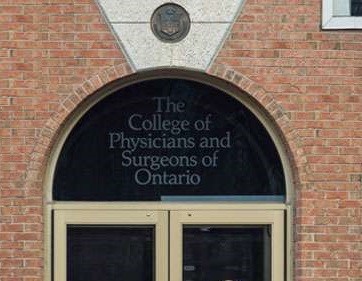The Catholic Telegraph
Matt Hadro
Washington D.C., Aug 5, 2021 / 11:15 am Members of Congress and a conservative legal group this week criticized the Justice Department for dropping its conscience rights lawsuit against a Vermont hospital.
In December 2020, the Justice Department sued the University of Vermont Medical Center after a nurse there was allegedly coerced into helping with an abortion in 2017, against her stated conscientious objection to doing so. The agency alleged a “pattern” at the hospital of other health care workers being discriminated against for refusing to perform abortions out of religious or moral objections.
On July 30, 2021, however, the agency quietly filed a notice of voluntary dismissal in a federal district court in the case of United States of America v. University of Vermont Medical Center.
Long before the initial lawsuit, the nurse at the center of the case had filed a conscience complaint with the Department of Health and Human Services (HHS) in May 2018. The agency’s civil rights office then ruled in August 2019 that the hospital had violated federal conscience laws, and later referred the case to the Justice Department for enforcement.
An HHS spokesperson told CNA in a statement on Thursday that the agency withdrew its initial referral of the case to the Justice Department for enforcement, following “a detailed evaluation of the underlying legal theory” behind the original referral. The agency further requested that the Justice Department dismiss the case, and also withdrew its own notice of violation issued to the hospital.
“It’s plainly political in nature,” said Matthew Clark, senior counsel for digital advocacy at the American Center for Law and Justice (ACLJ), in an interview with CNA on Thursday. The ACLJ had represented the nurse at the center of the case who had alleged she was coerced into helping with an abortion. . . continue reading
